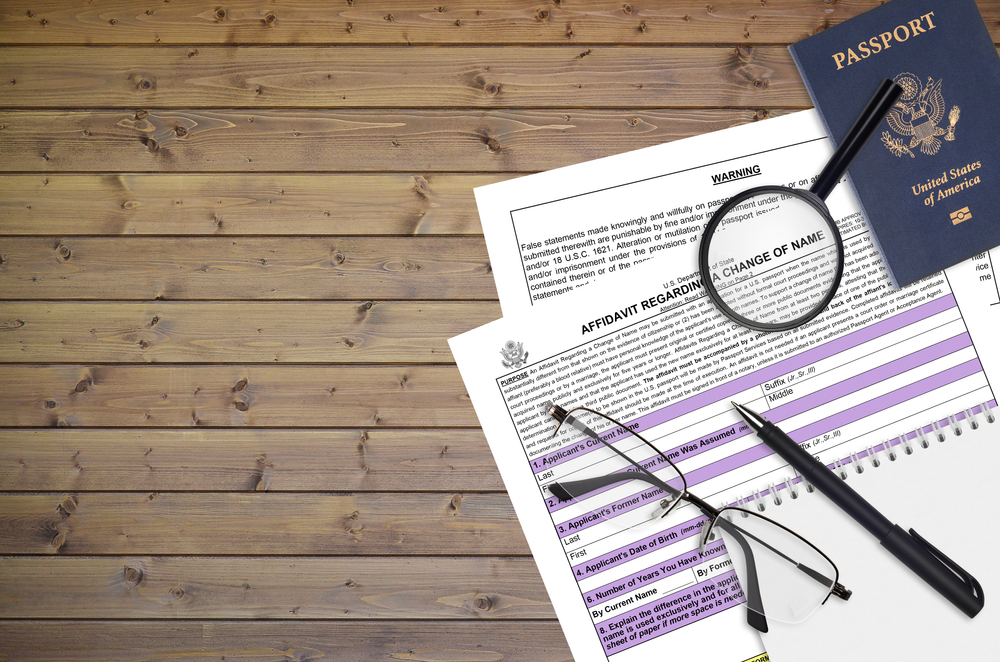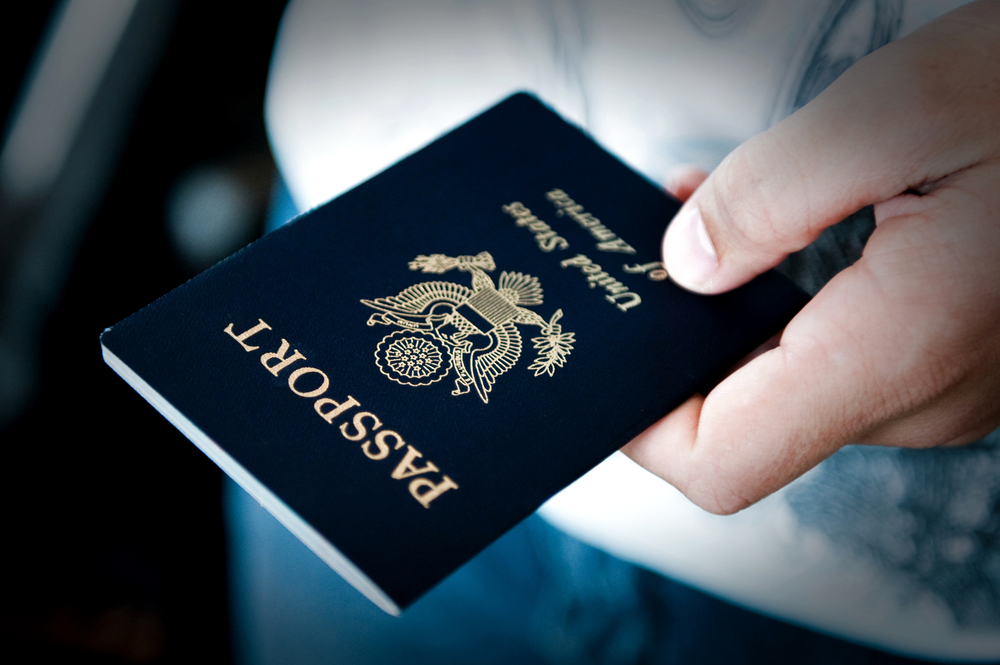A Guide to Changing Your Name on Your British Passport
05th Apr 2024
Changing your name on your British passport marks a significant milestone, reflecting a pivotal change in your life, whether due to marriage, divorce, or personal choice. This alteration is not merely symbolic but a legal necessity to ensure your passport, one of your most crucial identity documents, corresponds with your current legal identity. This guide delves into the UK passport application process post-name change, detailing the procedural steps and considerations for a seamless transition.
Introduction
Changing your name on a British passport is an essential step for any British citizen who has legally altered their name. An updated passport is crucial for smooth and secure international travel, preventing potential complications at border controls or with airlines by confirming your identity aligns with your travel documents.
Understanding the Name Change Process
In the UK, there are two primary avenues for changing your name on a British passport: with a deed poll and without. The choice depends on the nature of your name change. A deed poll, a legal document acknowledging a name change, is required for changes not related to marriage or divorce. Without a deed poll, changes due to marriage, divorce, or reverting to a maiden name use relevant certificates instead.Instances That Will Require a Change of Name on Your British Passport
When it comes to updating your British passport due to a change of name, the requirements and procedures vary significantly depending on the nature of the name change. Understanding these differences is crucial for ensuring a smooth and hassle-free process. Let's delve into the instances that necessitate a name change on your British passport, distinguishing between those that require a deed poll and those that do not.Without a Deed Poll
Marriage or Civil Partnership: Entering into marriage or a civil partnership often leads to a change in surname for one or both partners. In such cases, you can update your British passport to reflect your new surname without needing a deed poll. The key document required here is your official marriage or civil partnership certificate, which serves as sufficient proof of your name change. Divorce or End of Civil Partnership: Similarly, if a marriage or civil partnership comes to an end, individuals may wish to revert to their previous surname. This does not require a deed poll. Instead, you'll need to provide a divorce decree absolute or a civil partnership dissolution document as evidence of your name change when updating your passport. Reverting to a Maiden Name: Outside the context of divorce, some individuals may choose to revert to their maiden name or the surname they had before marriage. This change can also be facilitated without a deed poll, provided you can submit documentation that clearly links your current name to your maiden name, such as a birth certificate in addition to your marriage certificate.With a Deed Poll
Complete Name Change: For those wishing to change their first name, last name, or both due to personal reasons unrelated to marriage or divorce, a deed poll is necessary. This legal document formally recognizes your new name and is required when submitting your passport application for a name change. Changing a Child’s Name: Changing the name of a child under 16, outside the circumstances of marriage or divorce, requires a deed poll. This situation often arises in cases of personal choice by the parents or legal guardians. The deed poll serves as unequivocal proof of the child's new name for the passport update. Adoption: In adoption cases, where a child's full name may change to reflect their new family identity, a deed poll is required. This document officially sanctions the child’s new name, allowing it to be reflected accurately on their British passport.Key Considerations
Regardless of the reason behind your name change, it's essential to approach the process with the correct documentation to avoid delays or complications. For changes requiring a deed poll, ensure that the document is correctly executed and legally recognized. For those without a deed poll, always check that your proof documents are in order and officially certified if necessary. Moreover, when undertaking a name change, especially for children, remember to consider the implications for travel and identity verification. Ensure all travel documents and bookings are consistent with the new passport details to prevent issues during international travel. Updating your name on your British passport is more than a bureaucratic necessity; it's a reflection of your identity and life changes. Whether due to marriage, personal choice, or legal obligations, understanding the proper procedures and requirements is key to a seamless transition to your new name on one of your most important personal documents.